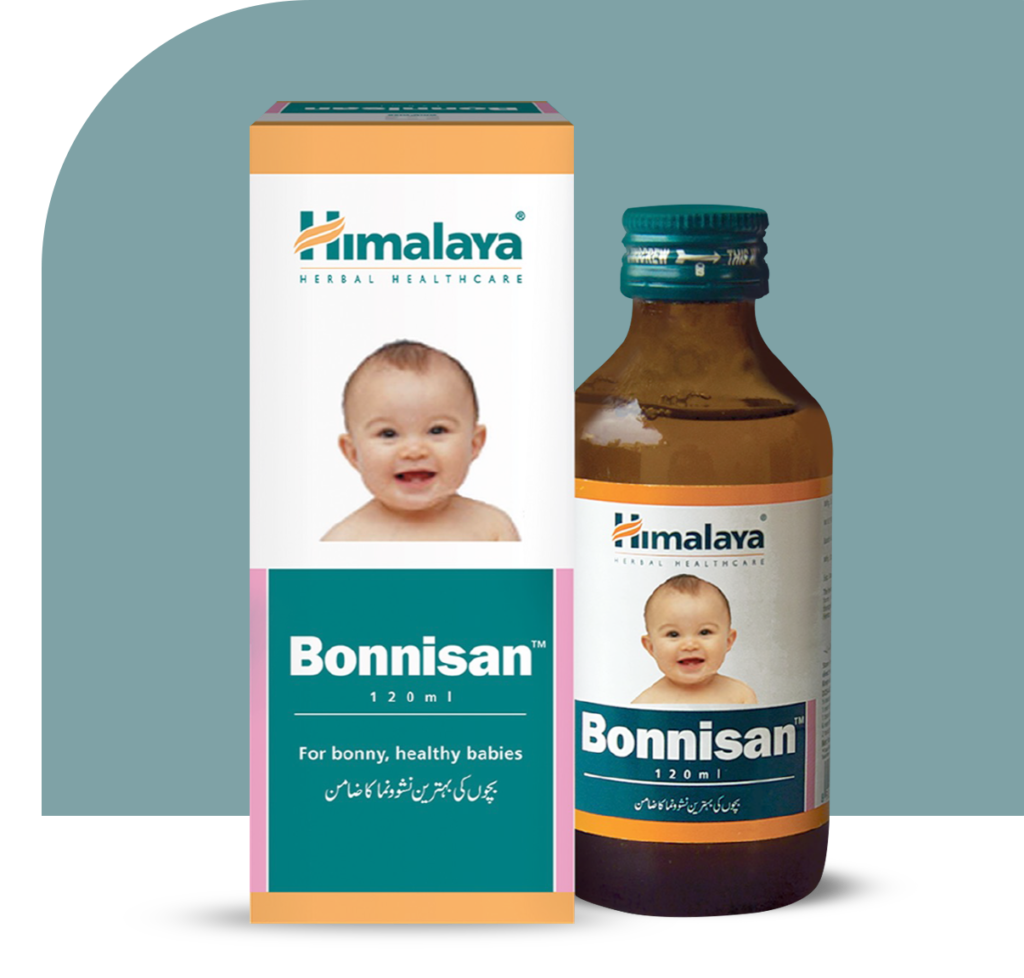
Berdi
urinary Track Health
Welcoming a new baby into the family is a joyous occasion. Still, for many parents, the persistent crying and discomfort associated with colic can turn those early days into a challenging period. “How to soothe a colicky baby?” becomes a common question for parents seeking relief.
In this article, we’ll explore what colic is, its prevalence, potential causes, and the ultimate answer to “How to soothe a colicky baby?” incorporating both traditional and natural remedies supported by research.
Colic is a term used to describe severe, often fluctuating pain in the abdomen caused by intestinal gas or obstruction. In infants, colic is characterized by excessive and inconsolable crying, typically occurring in the late afternoon or evening. This condition can cause considerable distress for both the baby and their parents.
According to the Johns Hopkins Medicine, colic is simply when an otherwise healthy baby cries for a very long time for no apparent reason. Colic is most common in the first weeks of life.
Colic is a relatively common issue among infants, affecting up to one in five babies. According to the National Library of Medicine, infantile colic affects almost 3% to 28% of infants worldwide. Some studies even suggest it to be as high as 40%. Colic typically begins around the second or third week of life and peaks at around six weeks before gradually improving. While the exact cause of colic remains uncertain, its prevalence highlights the need for effective strategies to soothe colicky babies.
Understanding what causes your baby’s colic is essential to understand how to soothe a colicky baby. The potential causes of colic are essential for devising effective soothing methods.
Understanding these causes provides a foundation for devising effective strategies to soothe colicky babies. Parents and caregivers must consider a holistic approach that addresses both the physical and environmental factors influencing the occurrence of colic in infants.
How to soothe a colicky baby is a question most new parents need an answer to. While on the quest to find an absolute answer, you must pass by some medications or some traditional techniques. But what does really work? Let’s find out.
Here are the most effective techniques backed by science on how to soothe a colicky baby.
Soothing a colicky baby often begins with implementing comforting techniques that provide a sense of security and alleviate distress. Gently rocking the baby in your arms, swaddling to create a snug environment, offering a pacifier for the baby’s need to suck, and creating a calm setting with dim lighting and soft sounds can significantly contribute to soothing a colicky infant.
Research indicates that these comforting techniques play a crucial role in managing colic symptoms. According to a study in the “International Journal of Environmental Research and Public Health”, gentle massaging has been associated with a reduction in crying duration and intensity in colicky infants. You should try the following techniques to soothe your colicky baby.
These comforting techniques aim to create a nurturing and calming environment for the colicky baby. It’s important for parents to observe and adapt these methods based on their baby’s individual preferences and responses.

Colic in infants has been linked to dietary factors, and making certain adjustments to the baby’s and, if breastfeeding, the mother’s diet can potentially alleviate symptoms. Here’s a closer look at dietary adjustments for soothing colicky babies:
You will be surprised to know that the answer to how to soothe a colicky baby, might be changing your own diet. Research shows that for breastfeeding mothers, dietary modifications can be a crucial aspect of managing colic in their infants.
For formula-fed infants, choosing the right formula may contribute to soothing colic-related discomfort.
Implementing dietary adjustments requires careful observation and patience.
Dietary adjustments should be undertaken with a thoughtful and systematic approach, considering the unique needs and responses of each baby. It’s crucial to consult with healthcare professionals to ensure that dietary changes are appropriate and safe for the infant’s development and well-being.

In the quest to find an answer to how to soothe a colicky baby, herbal remedies have gained attention for their potential calming effects. Among these remedies, Dill Oil, Cardamom (Ela), and Long Pepper (Pippali) have been studied for their efficacy in addressing colic-related discomfort.
Dill Oil, derived from the seeds of the Anethum graveolens plant, is known for its carminative properties and has been traditionally used to relieve digestive issues, including colic. The essential oil contains compounds that may help reduce gas and ease gastrointestinal discomfort in infants. Research on the effectiveness of Dill Oil in colic management is limited but promising. A study published in the International Journal of Pediatric Research explored the impact of products containing Dill Oil on colicky infants, reporting a significant reduction in the duration and intensity of colic episodes.
Cardamom, or Ela in traditional medicine, is a spice with potential digestive benefits. It is believed to possess carminative properties, making it useful in alleviating gas and indigestion, common culprits of colic in infants.
Studies on its general digestive benefits suggest its potential application in managing colic symptoms. A review published in the Journal of Ethnopharmacology highlights the gastroprotective and digestive properties of Cardamom, indicating its relevance in addressing gastrointestinal issues.
Long Pepper, or Pippali, is another herbal remedy with a history of use in traditional medicine for digestive concerns. It is believed to have carminative and digestive properties, which may be beneficial in reducing colic-related discomfort in infants.
Studies on the broader digestive benefits of long pepper provide a foundation for exploring its potential in colic management. A study in the Indian Journal of Pharmaceutical Sciences discusses the digestive stimulant effects of Long Pepper, supporting its traditional use in addressing gastrointestinal issues.
You can reap all the benefits of these herbs with Bonnisan. Bonnisan can be the absolute answer to how to soothe a colicky baby. It contains Dill oil, cardamom, and long pepper, all of which promise to alleviate gastrointestinal discomfort.

The use of probiotics has gained attention for its potential to balance the gut microbiota and alleviate colic symptoms. A study in the Journal of Pediatrics explored the impact of probiotic supplementation on colicky infants, revealing a positive correlation between probiotic use and symptom improvement. Probiotics can be introduced through specific supplements or probiotic-rich foods, offering a natural approach to managing colic.
While Bonnisan Syrup might be the ultimate answer to how to soothe a colicky baby, incorporating a combination of these strategies tailored to the individual needs of the baby can provide a holistic and effective approach to soothing colic. It is essential for parents to observe their baby’s responses and consult with healthcare professionals before implementing any new remedies.
Colic often begins around the second or third week of life, peaking at around six weeks.
Research suggests that probiotics may help alleviate colic symptoms by balancing the gut microbiota.
Yes, environmental factors such as maternal stress during pregnancy may play a role in colic.
Yes, swaddling can provide a sense of security and comfort for colicky infants.
Breastfeeding mothers can try eliminating potential allergens, while formula-fed babies may benefit from hypoallergenic formulas.











©2023 Route2Health®️
NTN: 2229383
AN ASSOCIATED COMPANY OF HIGHNOON LABORATORIES
STRN: 0301999937728

WhatsApp us
